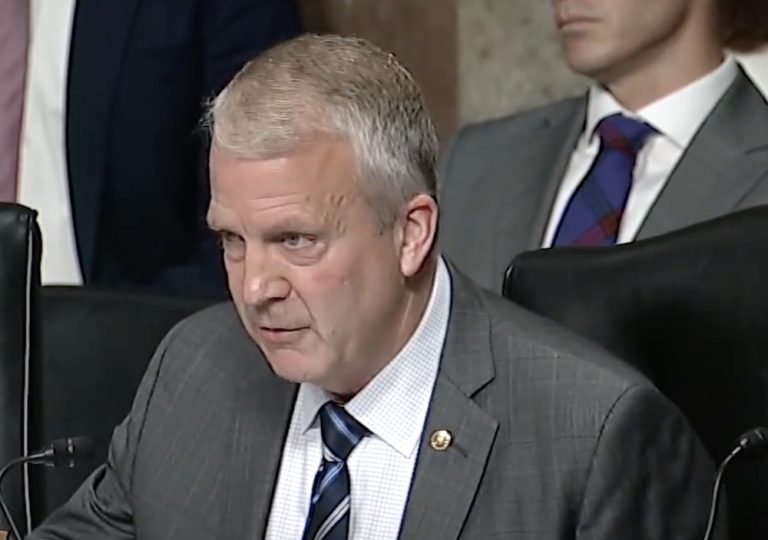A U.S. District Court judge in San Diego struck down a policy that prevents schools from letting parents know that their children want to change genders.
“A parent’s right to make decisions concerning the care, custody, control and medical care of their children is one of the oldest of the fundamental liberty interests that Americans enjoy,” U.S. District Judge Roger Benitez wrote in his Sept. 14 ruling.
He said that when a school learns that a student has questioned his or her birth gender, or identified as transgender, school officials must notify the parents, even if the student objects. He sees the notification duty the same as when the school would be required to notify parents or guardians if a student had a concussion during soccer practice or was the victim of sexual assault, or has suicidal thoughts.
The ruling comes as Gov. Gavin Newsom has begun taking actions against school districts that pass pro-family parental notification policies. The governor and the state’s attorney general sued the Chino Valley Unified School District last month for a similar parental notification policy.
In July, a U.S. District Court judge in Sacramento threw out a lawsuit against the Chico Unified School District for a similar policy that prevented parents from knowing if their children were going through gender transition. That judge said the venue of the federal court was improper, and the matter should be taken to the state legislature.
The case this month in San Diego involved an Escondido Unified School District policy that says a teacher may not disclose to a parent the fact that a student identifies as a new gender, or wants to be addressed by a new name or new pronouns during the school day – names, genders, or pronouns that are different from the birth name and birth gender of the student. Under the policy at issue, accurate communication with parents is permitted only if the child first gives its consent to the school. A teacher who knowingly fails to comply is considered to have engaged in discriminatory harassment and is subject to adverse employment actions, according to the policy.
That Escondido policy is similar to the one that exists in the Anchorage School District, which limits what parents may know about their children, once those children are under the control of the public school system.








